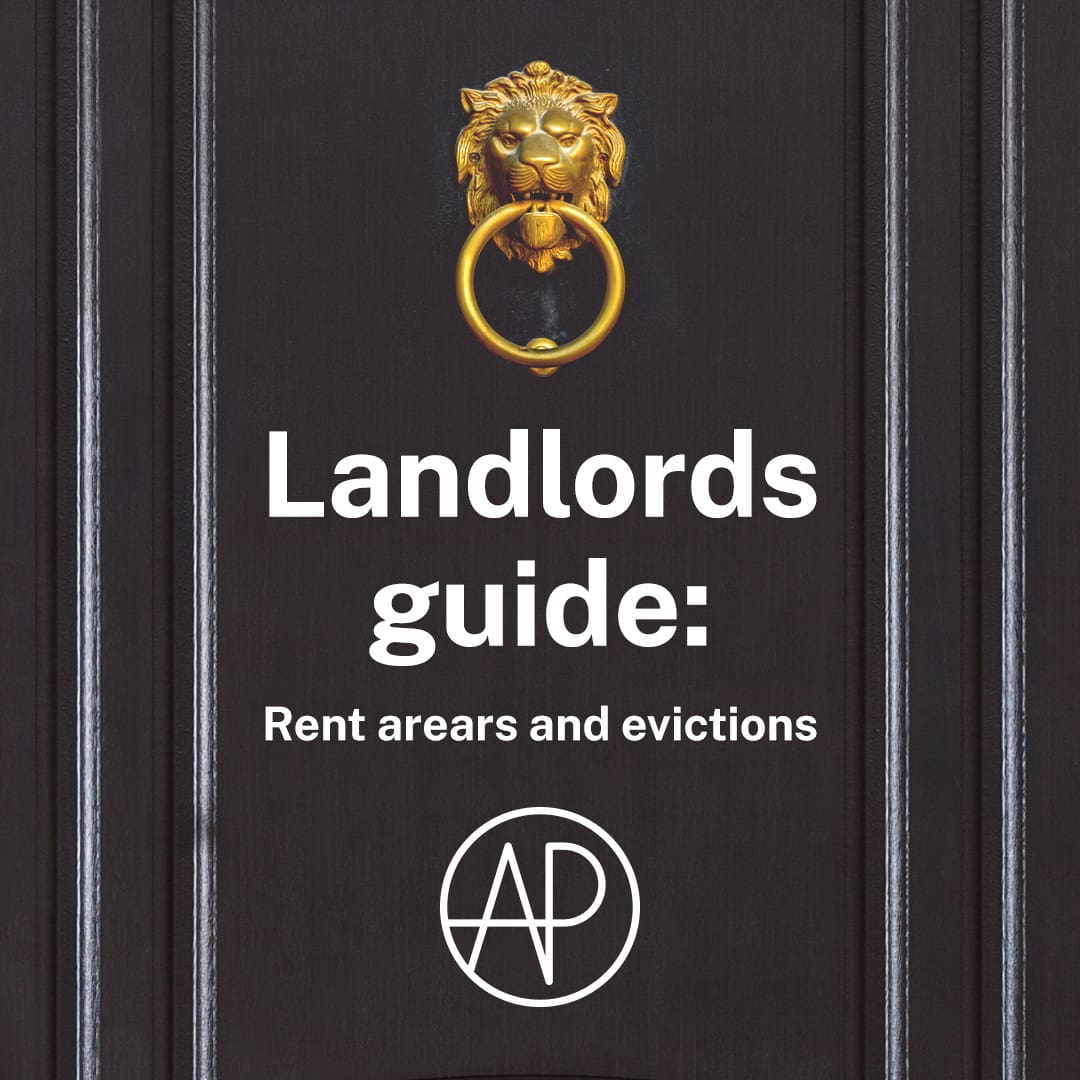Rent arrears remain a significant challenge for landlords, especially during periods of economic uncertainty. Preventing rent arrears begins with thorough tenant vetting. Conduct comprehensive background checks, including credit history and references, to ensure the tenant has a stable financial track record. Clear communication about rent due dates and payment methods, outlined in the tenancy agreement, sets expectations from the outset.
Addressing Rent Arrears Early
If a payment is missed, act promptly. Reach out to the tenant to discuss their situation and find a resolution. It may be a temporary issue, such as a delayed salary, which can be resolved with a repayment plan. Keep all communication with the tenant professional and well-documented, as this evidence may be required later. Be empathetic but firm, emphasising the legal and financial implications of missed payments. The Pre-Action Protocol for Possession Claims, introduced by the UK government, encourages landlords to work with tenants to resolve arrears before pursuing legal action.
The Legal Process for Tenant Evictions
If arrears persist and no resolution is reached, landlords may need to initiate eviction proceedings. The first step is serving the appropriate notice:
Section 8 Notice: Used when the tenant has breached the tenancy agreement, such as falling into significant arrears (usually two months’ worth).
Section 21 Notice: A no-fault eviction notice often used to regain possession at the end of a fixed term.
Ensure all documentation, such as the deposit being protected in a government-approved scheme, is in order before pursuing legal action. Mistakes in the process can lead to delays or dismissal of your case.
Navigating Court Proceedings
If tenants do not vacate after receiving a valid notice, landlords must apply to the court for possession. The court will require evidence of arrears, compliance with notice regulations, and efforts made to resolve the issue. According to UK law, landlords cannot use force or intimidation to remove tenants; only court-appointed bailiffs can enforce an eviction.
Maintaining Professionalism During Evictions
Even in challenging situations, landlords should strive to act with professionalism and empathy. Evictions can be stressful for all parties, but treating tenants respectfully helps to de-escalate tensions and protect your reputation. Legal advice from a qualified professional can provide valuable guidance during this process.

